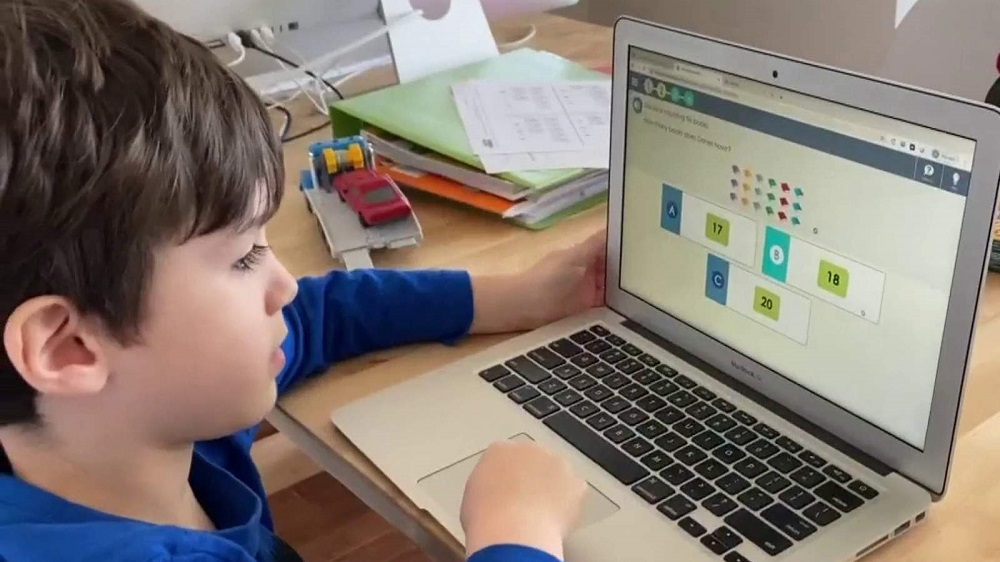 The first school for children is their surroundings. They learn so much by observing things around them that no curriculum can teach. Early interactions and behavior of other people around play a major role in the development of their inner voice and personality. Peer interactions leave a lasting impact on their young minds and even playing is a learning opportunity for them. While as adults, we see their conflicts as fights and misbehavior, these instances are great lessons in sharing, teamwork, and cooperation. Children who are not exposed to such experiences struggle with conflict resolution in their lives. It is important to note that these interactions do not come naturally to all children. The best Schools in Assam make it a point to facilitate peer interactions among students. They also offer opportunities for collaboration to make the students ready for future interactions.
The first school for children is their surroundings. They learn so much by observing things around them that no curriculum can teach. Early interactions and behavior of other people around play a major role in the development of their inner voice and personality. Peer interactions leave a lasting impact on their young minds and even playing is a learning opportunity for them. While as adults, we see their conflicts as fights and misbehavior, these instances are great lessons in sharing, teamwork, and cooperation. Children who are not exposed to such experiences struggle with conflict resolution in their lives. It is important to note that these interactions do not come naturally to all children. The best Schools in Assam make it a point to facilitate peer interactions among students. They also offer opportunities for collaboration to make the students ready for future interactions.
All children are unique; some are more inclined to physical play whereas some others enjoy games that require them to sit. Children also differ based on their ability to carry out social interactions. Irrespective of the individual temperament of your child, they will benefit from peer interaction and collaboration. Schools in Jorhat pay adequate attention to each child and encourage them based on their personality. These efforts yield results in the following ways:
Inculcate decision making and problem-solving skills in children:
Games, team projects, assignments, exhibitions, etc. are all ways to encourage collaboration among children. These are opportunities that not only teach them to work together in harmony but also pose problems that they are expected to resolve. This improves their problem-solving skills and decision-making abilities. These skills cannot be learned through textbooks or classroom lectures.
Helps to foster understanding and conveys the value of teamwork:
Teamwork is an essential skill to succeed in the professional world and childhood is the perfect time to instill its value. Young minds are likely to perform better in the professional world if they learn teamwork early on. Exchanges and collaborations in school equip them for even the biggest challenges and toughest tasks.
Helps to improve communication skills:
It is common for kids to feel shy or awkward to speak to others. However, it is easier for them to interact with peers as compared to elders. Facilitating peer interactions helps them to develop their communication skills step by step. As time passes, they let go of their inhibitions and communicate better.
Teaches valuable life lessons
It may tempt to preach lessons and morals like ‘sharing is caring’, ‘united we stand divided we fall’, etc, however, it is most effective when they learn these through real-life situations. These situations that emphasize the importance of kindness, compassion, and sharing are the best way for children to learn these life lessons. Top schools in Assam believe in the practical approach and make learning life skills easier by facilitating peer interactions.
Helps them to understand diversity and become more inclusive:
Many adults find it difficult to accept differences in opinion. This is because they were exposed to such differences as children. Peer communications widen horizons and teach children about diversity early on in life. It also helps them to figure out ways to address issues and differences in opinion.
Hemalata Handiqui Memorial Institute is one of the List of Schools in Assam. At HHMI we strongly believe that peer interaction and collaboration early in life is crucial for the growth of young minds. They thus include these as a part of their pedagogy. Team activities and events held at HHMI facilitate interactions and teamwork and ensure that all pupils benefit from them.

